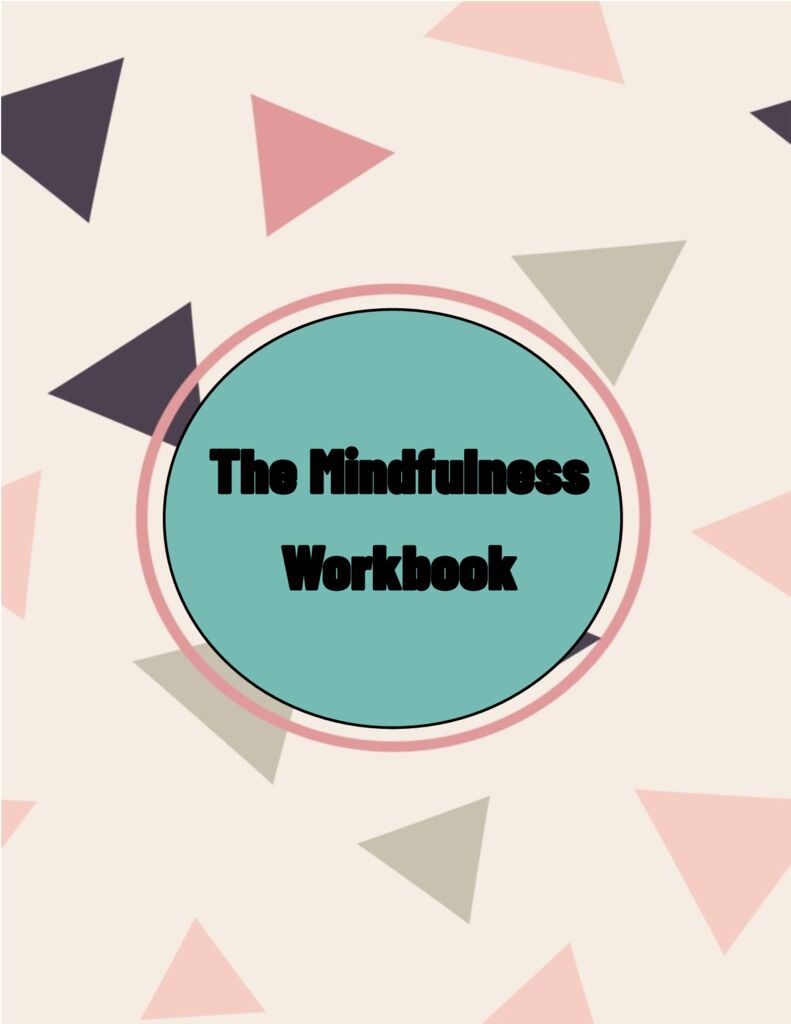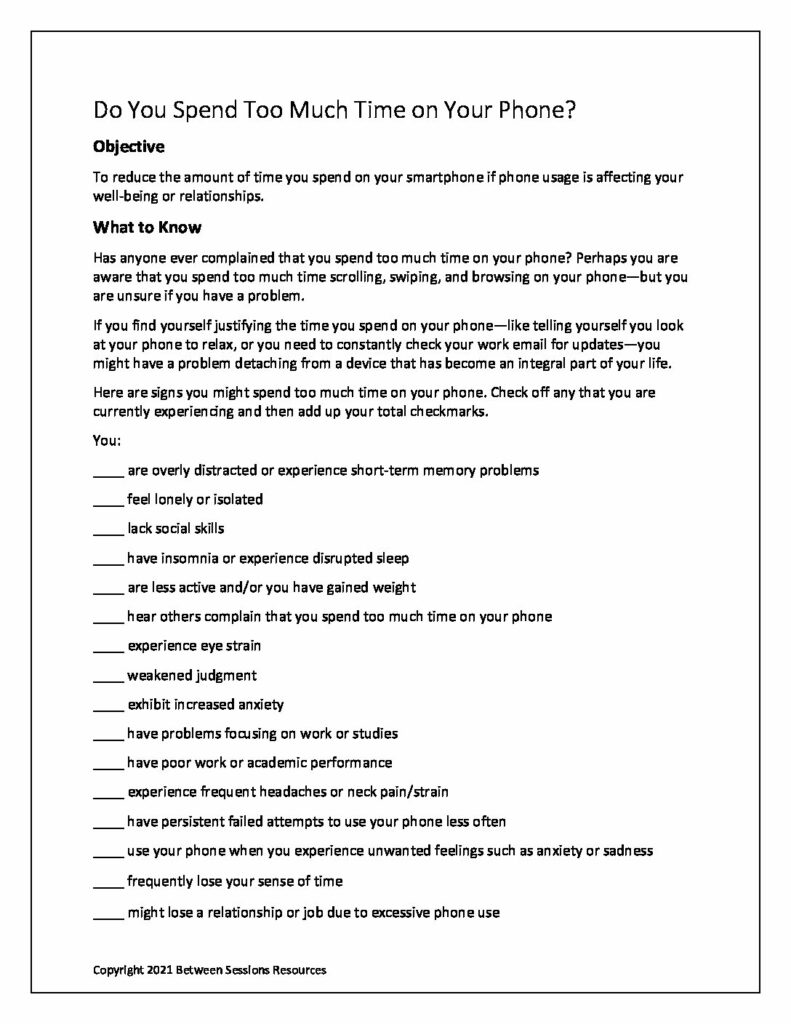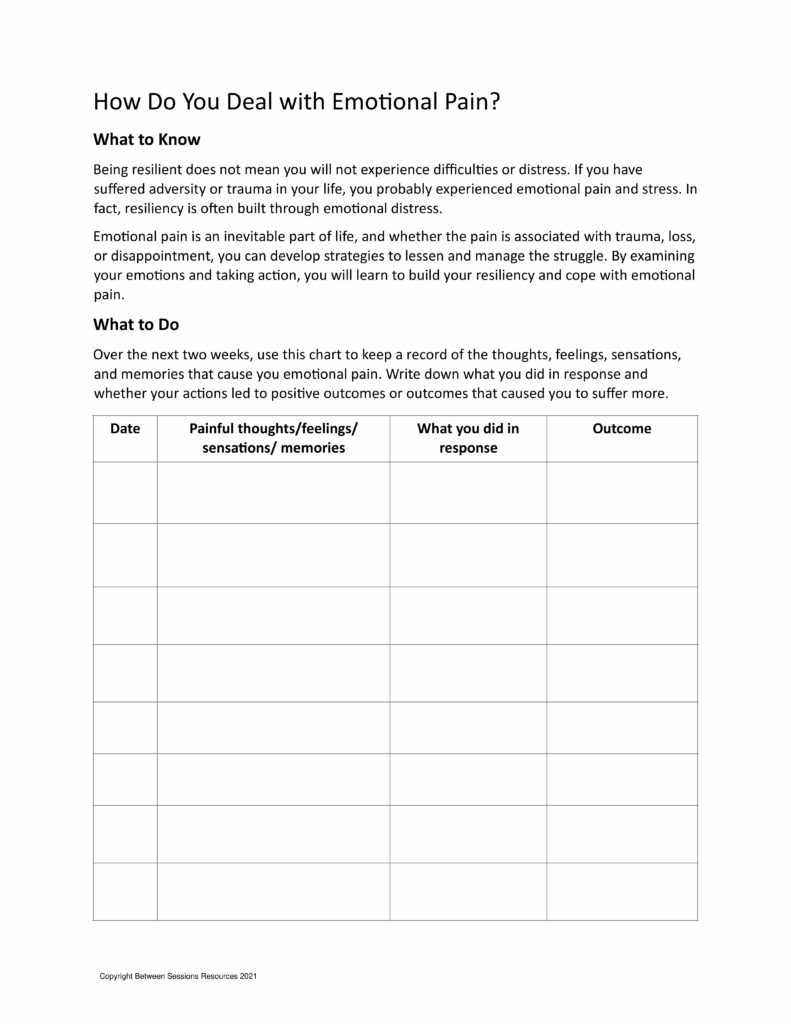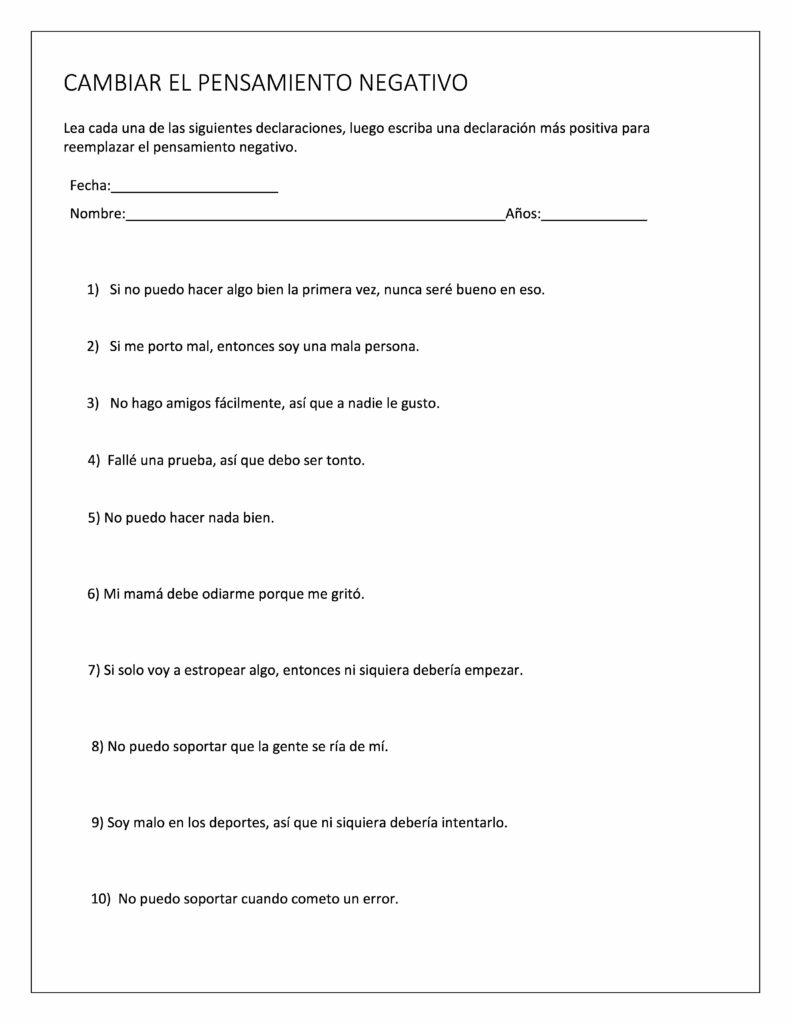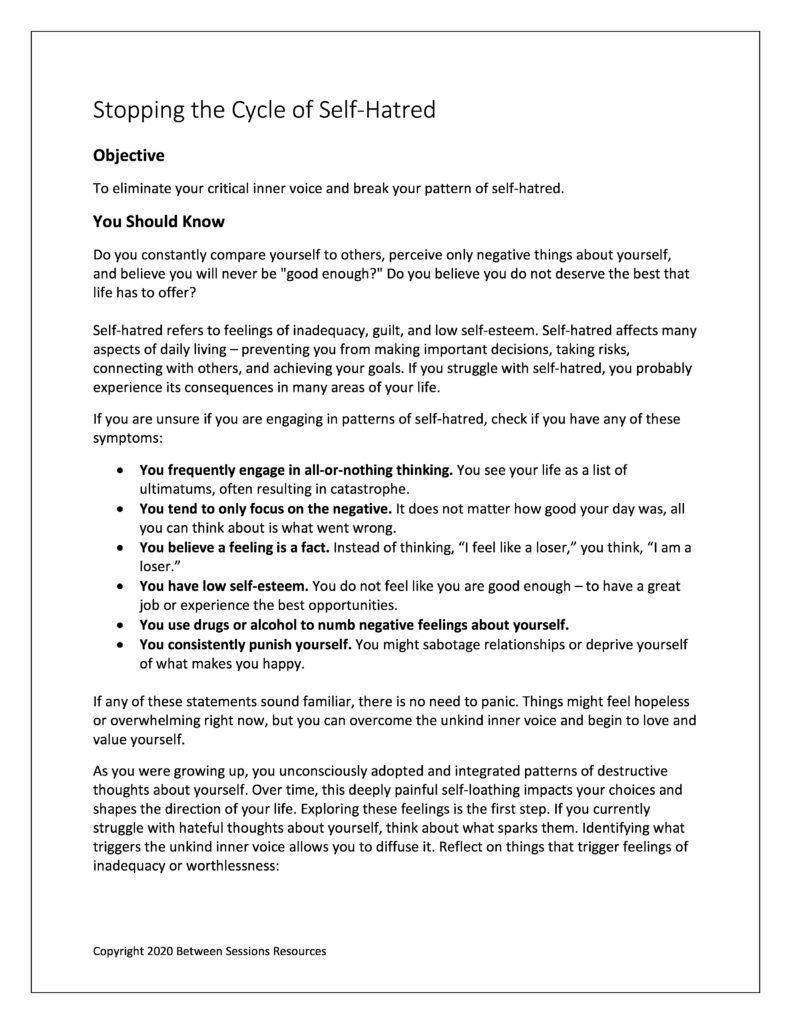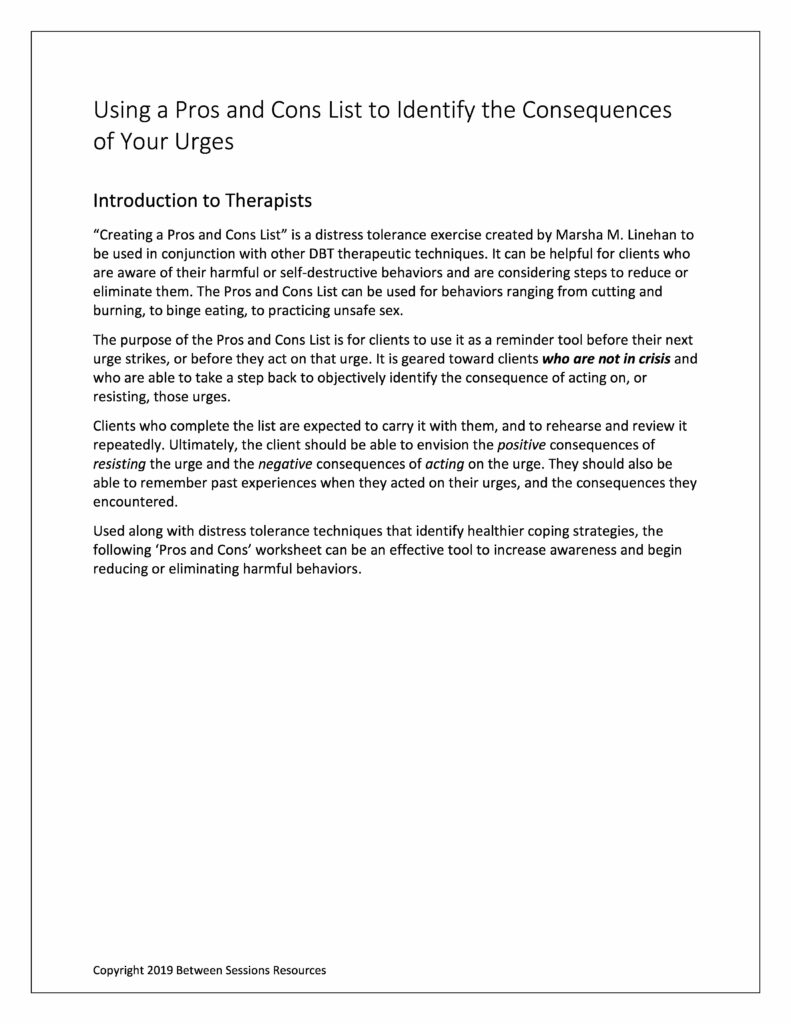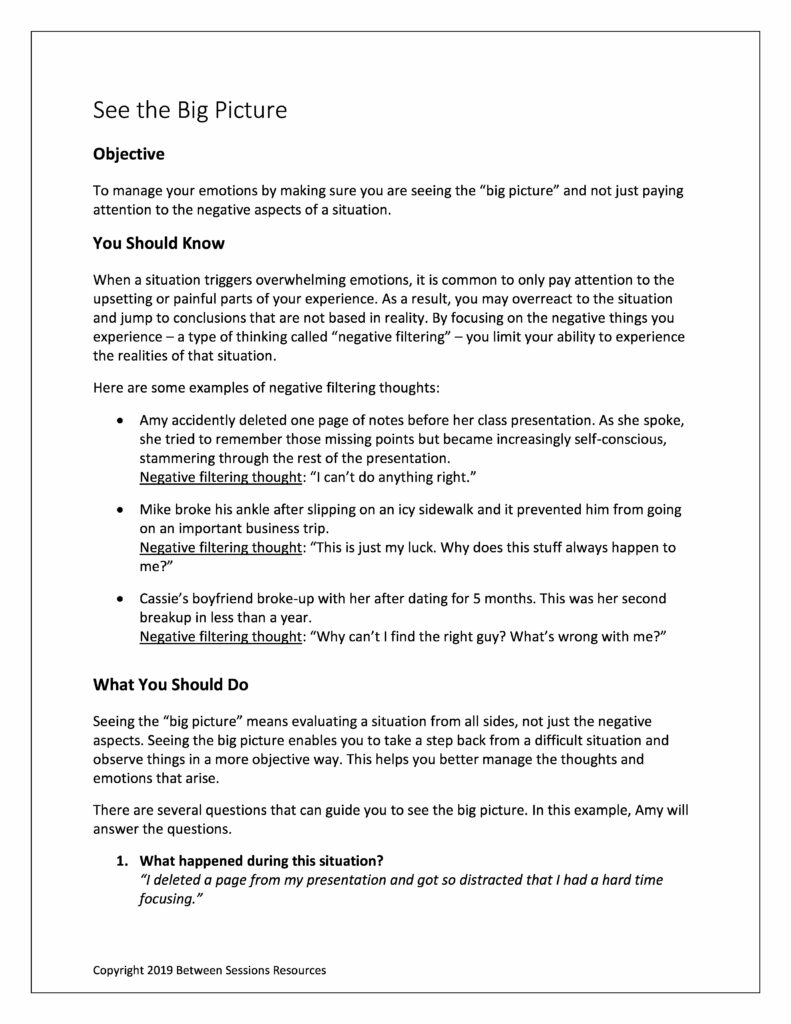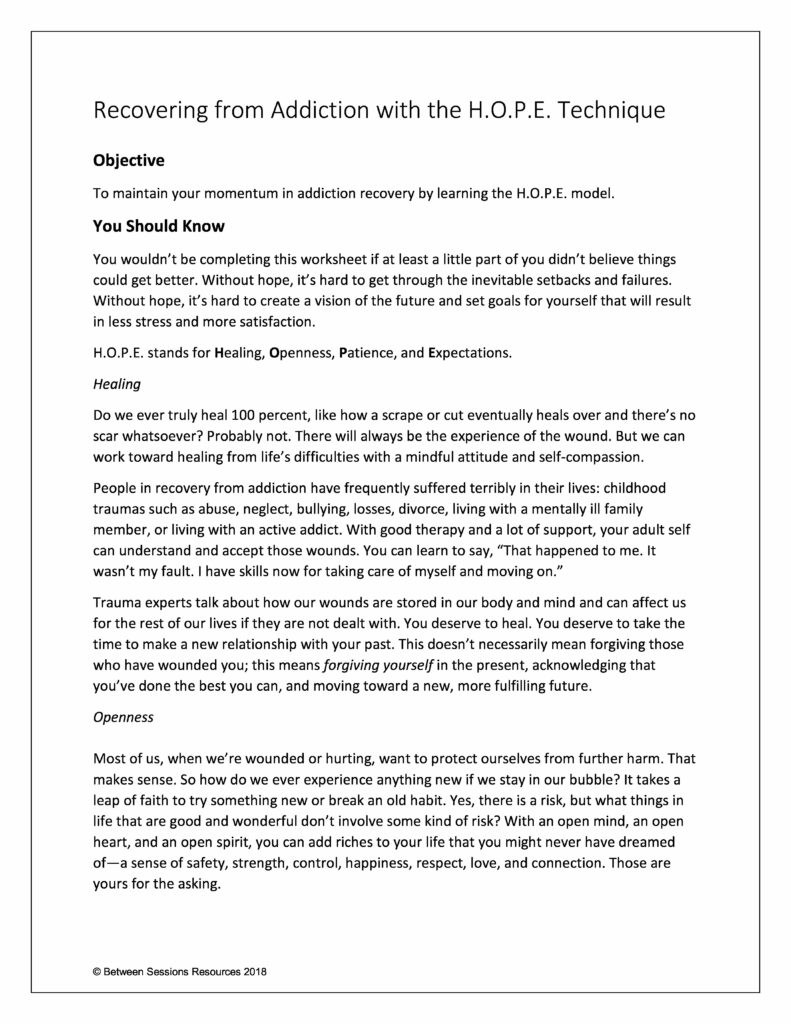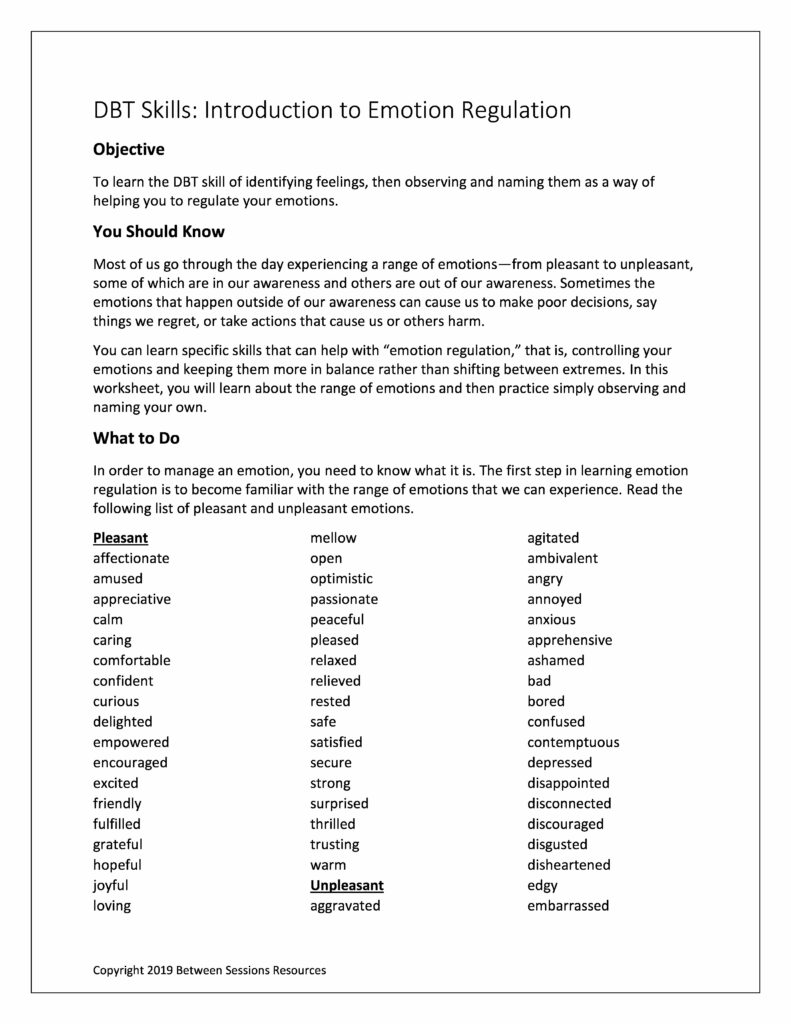This worksheet explains the many kinds of gambling activities that teens engage in and the problems that compulsive gambling can cause. The worksheet asks teens to honestly talk about their gambling habits and consider how gambling is affecting their mental health. It includes a chart to help teens understand the situations or emotions that can trigger their gambling and encourages them to consider substitute behaviors. (0724, gambling, compulsive gambling, behavior problems)
This workbook contains 12 worksheets that teach important mindful practices including letting go, being positive, staying in the present, mindful breathing, having healthy boundaries, and more.
This worksheet describes the “symptoms” of phone addiction. It provides a checklist of behaviors that might indicate a problem. It also eight suggests on how to become less dependent on a phone if it is interfering with other aspects of your life. A chart is provided to help people develop a plan to decrease their phone dependence. (1221, phone addiction, addiction, relationships)
This worksheet is designed to help people build resiliency by understanding how they react to emotional pain. (0421, resiliency, awareness, self-perception)
These Coping Cards can be used by people who want to replace negative behaviors with positive ones. A useful technique to help in breaking negative habits. Spanish Version. (Spanish, 0221, negative thinking)
This worksheet is designed to help people become aware of their critical inner voice that can lead to self-hatred. The worksheet asks people to identify their self-statements and change them to more realistic and forgiving statements. (depression, self-criticism, automatic thoughts, CBT, 100720)
This worksheet is designed to help people identify the consequences of both acting on and resisting their harmful urges. This DBT Distress Tolerance technique is intended to help trigger the cognitive processes that can help people in impulse control. (DBT, distress tolerance, 1119)
This worksheet is designed to help people regulate emotions by seeing the big picture rather than on just focusing on the negative aspects of a situation. The exercise is designed to help people evaluate problems accurately and objectively. (DBT, emotional regulation, 1019)
This worksheet describes the HOPE Technique to help people in their recovery from addiction. The technique includes: healing, openness, patience, and openness. (alcohol addiction, drug addiction, healing, 0419)
This worksheet is designed to help people learn the DBT skills of identifying feelings, then observing and naming them as a way of helping to regulate emotions. (emotional regulation, depression, bi-polar disorder, 0419)


